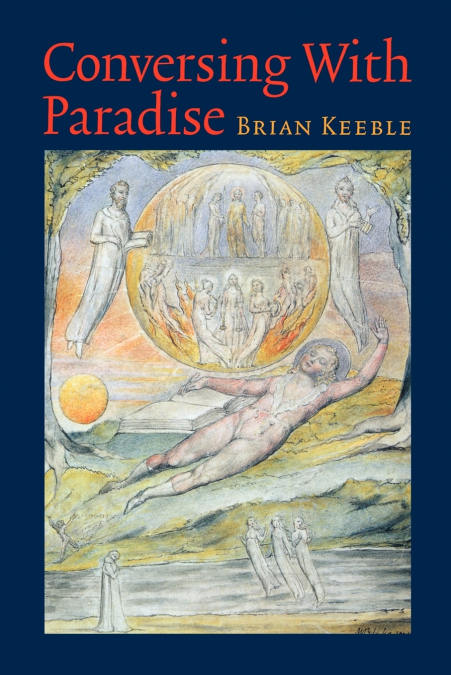
Brian Keeble
At a time when poetry has little regard for anything beyond the commonplace realities of everyday perception and sentiment, these studies propose a restoration of balance as between outer and inner worlds. For too long, in the wake of our attempt at a rational, scientific civilization, it has been readily assumed that the centre of gravity of reality and truth falls within the realm of the physical world. But for the poets discussed in these pages the opposite is the case. For them the centre of gravity of the Real and the True decidedly falls within the spiritual world, the ’other’, ’hidden’ domain which has immemorially been the source of enduring values and meanings. So, in the nature of things, it must remain.It is not a question of making a case for these poets as being inspired mystics or visionaries (though they are hardly without inspiration and vision). It is more a question of discerning to what extent they participate imaginatively in the realities of Spirit made comprehensible by the revealed traditions. We do not turn to poets for the formulation of doctrine and principle, but we might yet find in their work resonances of the True in the beauties of measured speech and how we are even now among intimations of the abiding good in the human condition. What these poets have in common is that they invoke an image of man as being only fully human insofar as he can attach himself to realities which transcend the human state as such.It is part of the contention of these pages that, if the imaginative vision of these poets belongs to an outmoded cultural phrase, if they are perceived to be trafficking in a knowledge that has been superseded, then it follows that most of the culture of the past must now the jettisoned as one would any obsolete junk. Spiritually, the reckoning is that decisive. Now that the ruins of a failed, secular culture are everywhere evident, the imaginative vision of these poets can renew and refresh our perception of the human vocation.-from the Preface